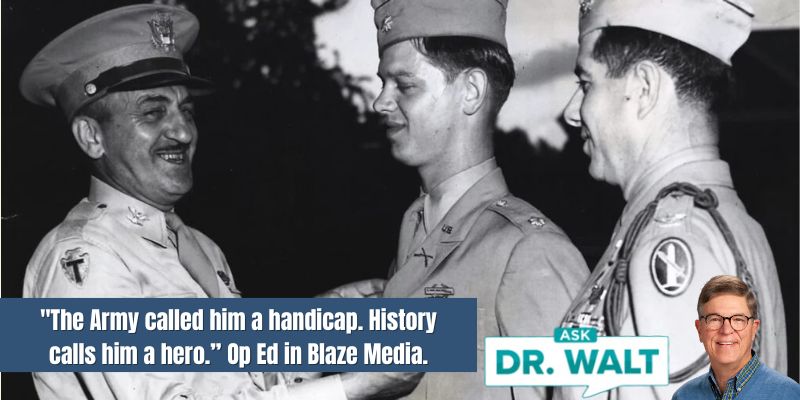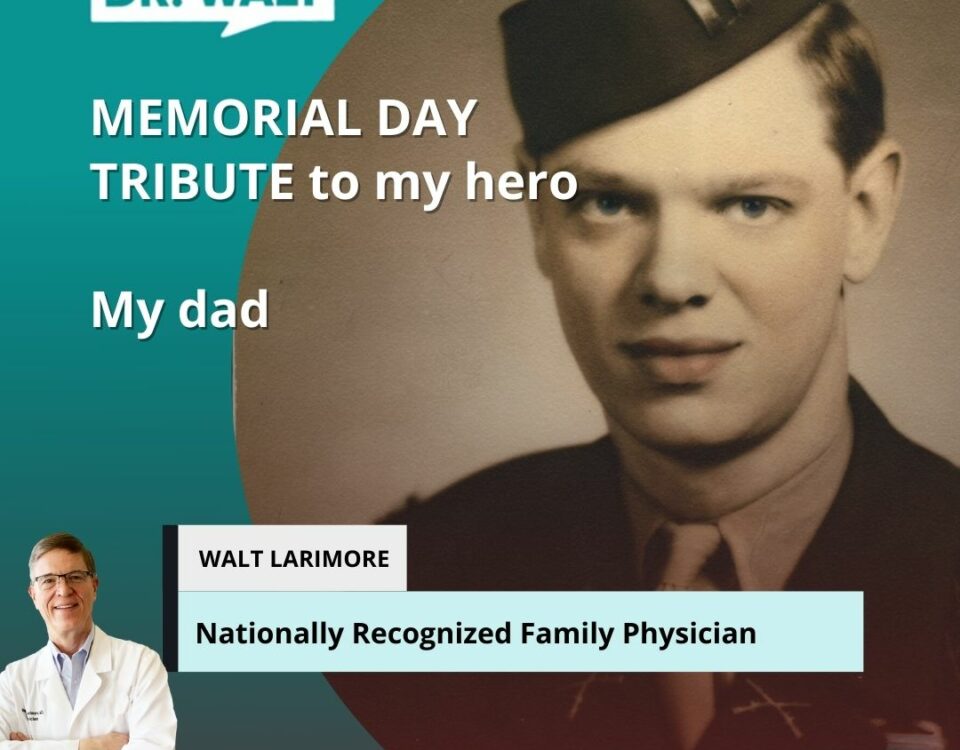
September 22, 1944 – Gen Truscott writes his VI Corps troops, including Phil and his men
September 22, 2024
September 23, 1944 – Dad saves a platoon with a near miraculous shot
September 23, 2024September 22, 1944 – The dye was cast. Phil and his men were being sent to the deadly Vosges Mountains
On the afternoon of 22 September, 1944, General Eisenhower met with his major subordinate commanders, including Generals Devers and Patch, to consider new plans.[1]

Regarding a sustained offensive over the Vosges … with serious misgivings, both Devers and Patch considered alternate routes to the German border.
The Vosges barrier could be bypassed in the north through Saverne or in the south at Belfort.
The Saverne Gap was a generally narrow defile that separated the High Vosges from the Low Vosges, a somewhat lesser range that angled off to the east into Germany, where it became known as the Hardt Mountains.
The much wider Belfort Gap separated the High Vosges from the Jura Mountains and the Swiss Alps.
But Truscott’s initial drive for the Belfort Gap had fallen short in early September, and Patton’s Third Army had been stopped at Metz many miles west of Saverne and the Sarre River valley to the north.
Since then the German defenses in both areas had grown stronger, as de Lattre’s French and Patton’s American units soon discovered. Until the First French Army could put most of its seven divisions on line, the Belfort Gap would be difficult to force, and the more narrow Saverne Gap lay in the zone of the Third Army’s XV Corps above Rambervillers and Baccarat.
Devers thus had no choice but to send Truscott’s weary forces into the mountains.
At the very least the effort might weaken the German defenses in the gap areas, and, if employed carefully, the better-equipped and better-supported American infantry might wear the hastily assembled German “grenadiers” thin.
Nevertheless, a battle of attrition in the mountains was not a mission that the American commanders or their troops relished, and Devers and Patch continued to study the possibility of bypassing the Vosges Mountains to the north through the Saverne Gap.
Ultimately, the Vosges was to be their deadly route.[1]
~~~~~
[1] Clarke, 252-253.
In case you haven’t read or listened to Dad’s book, you can learn more or order it here.
© Copyright WLL, INC. 2024.




